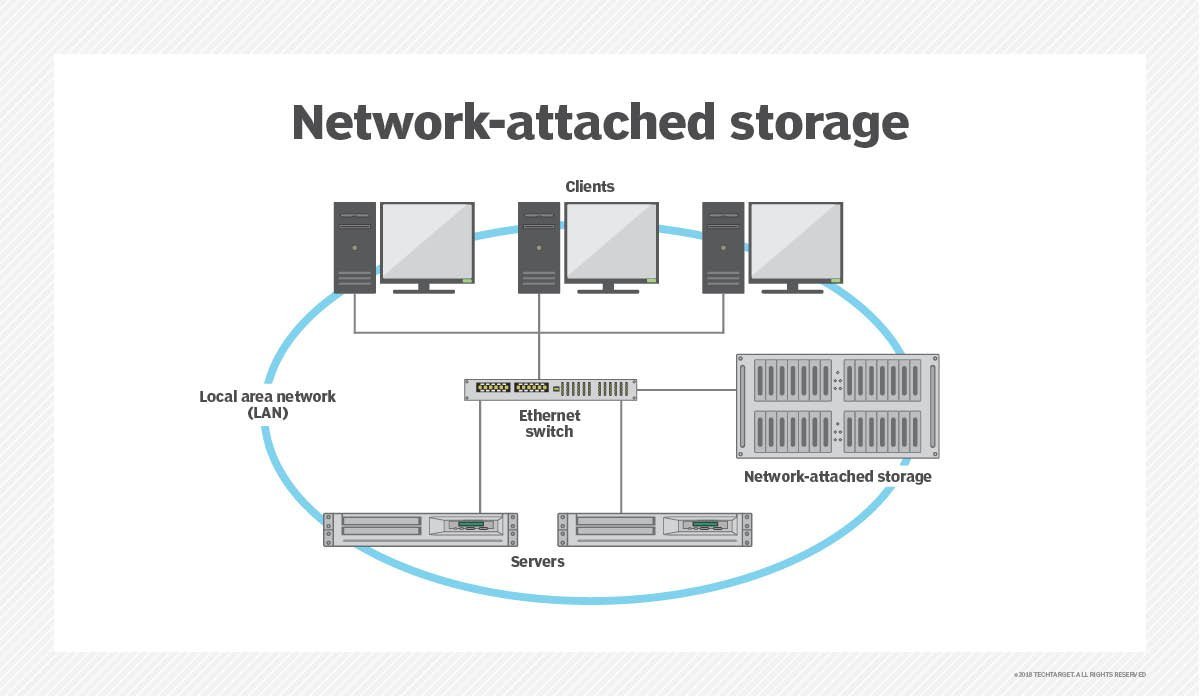What Is NAS? Understanding Synology NAS in Kenya
Let’s be honest — we’ve all lost files before. Maybe it was your laptop dying unexpectedly or that one USB drive that just stopped working. It’s frustrating. That’s where NAS comes in — short for Network Attached Storage.
Think of NAS as your own personal cloud server. A small box (usually with multiple hard drives inside) that connects to your Wi-Fi network and stores all your data safely in one place. You can access it anytime — from your laptop, phone, or even remotely when you’re away.
So when you hear people asking “what is NAS?” or “NAS meaning?” — it’s really about centralized storage that you own and control. And in Kenya, more and more homes and businesses are switching to Synology NAS because it’s simple, secure, and surprisingly affordable in the long run.
How Synology NAS Works
Here’s the idea: instead of juggling USB drives or relying on cloud subscriptions, a Synology NAS acts like a smart folder that lives on your local network. You can store photos, videos, backups, and even host security camera footage — all from one place.
It runs its own lightweight operating system called DiskStation Manager (DSM). You log in through your browser or the Synology mobile app, and from there, you can:
- Create user accounts and set permissions.
- Back up your laptop, phone, or even your Google Drive automatically.
- Stream videos or photos directly from your NAS.
- Access files remotely — even outside your office or home network.
For Kenyan users, this means you can enjoy reliable NAS storage without worrying about slow internet or monthly cloud costs. Your data stays private, local, and under your control.
NAS vs Cloud Storage
| Feature | NAS (Synology) | Cloud Storage (Google Drive, Dropbox) |
|---|---|---|
| Ownership | You own the device and data | Stored on third-party servers |
| Access | Local + remote access | Internet only |
| Privacy | Full control of your data | Shared infrastructure |
| Cost | One-time hardware cost | Monthly subscription fees |
| Speed | Fast local network speeds | Depends on internet connection |
| Backup | Local backup with optional cloud sync | Cloud only |
Bottom line? If you want convenience and don’t mind ongoing costs, cloud storage works fine. But if you want speed, privacy, and long-term savings, a Synology NAS in Kenya is a better choice — especially for creative teams, small offices, or home media setups.
How to Set Up a Synology NAS
- Pick your NAS device – Models like Synology DS220+, DS423, or DS923+ are great options in Kenya.
- Install NAS-rated hard drives – Use reliable options like WD Red or Seagate IronWolf.
- Connect to your router using an Ethernet cable.
- Power on and access setup – Visit find.synology.com in your browser.
- Follow on-screen setup to create admin accounts and shared folders.
- Enable QuickConnect to access your NAS remotely.
- Set up automatic backups for your PCs and mobile devices.
Once that’s done, your Synology NAS becomes your private, always-on cloud — accessible from anywhere, without monthly fees.
FAQs: Synology NAS Storage Kenya
Q: What is NAS?
A: NAS (Network Attached Storage) is a centralized device that stores and shares your data across multiple devices. Think of it as your own private cloud.
Q: Why choose Synology NAS in Kenya?
A: Synology NAS is reliable, easy to use, and perfect for Kenya’s growing need for secure, local data storage without relying on expensive cloud services.
Q: Can I access Synology NAS remotely?
A: Yes. With Synology QuickConnect or DDNS, you can securely access your NAS files from anywhere in the world.
Q: How much does a Synology NAS cost in Kenya?
A: Entry-level Synology NAS models start around KES 40,000–60,000 depending on model and storage capacity.
Final Thoughts
Look, NAS isn’t just for tech people anymore. It’s for anyone who wants peace of mind — knowing their data is safe, organized, and fully under their control. If you’re tired of cloud fees or unreliable drives, a Synology NAS in Kenya is the smart move for long-term, private storage that simply works.
